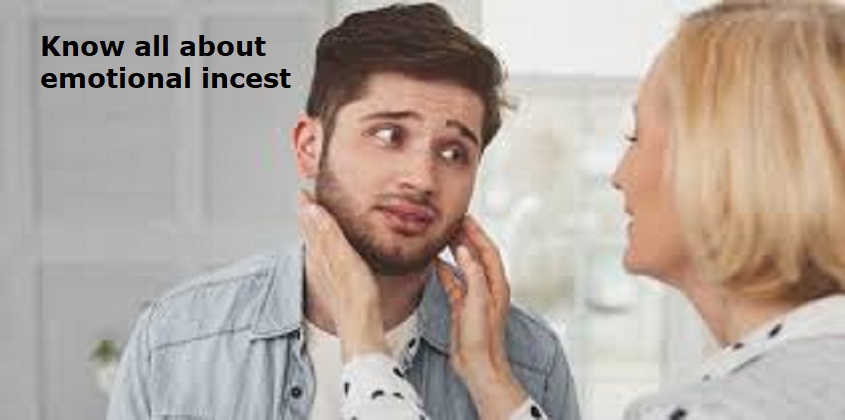
Emotional incest is the type of emotional dependency between a parent and a child. This canh can change the dynamic shared by them. Emotional incest happens when a parent depends on a child for the emotional needs that a romantic partner would otherwise offer. It is also known as covert incest or enmeshed incest. It does not include sexual abuse. This form of incest is not visible to others and harder to spot than incest related to sexual abuse.
According to the American Psychological Association (APA), emotional incest is a form of emotional abuse. This is the dysfunctional type of behavioral pattern where a parent depends heavily on the child or emotional support and companionship. This often leads to a dysfunctional dynamic between the child and the parent, further affecting the child’s adult relationship in future.
‘Emotional incest is more common than we’d like to think. Have you experienced this? What was this like for you? How has it affected you in your life and relationship now?’, says Therapist Alex Bishop.
Signs of emotional incest:
Emotional manipulation and guilt: In case of emotional incest, the parent usually tries to guilt the child to fulfill their emotional needs. This prevents the child from developing their own sense of identity and forming healthy boundaries or making relationships outside their own family.
Inappropriate emotional reliance: In this type of dynamic, the parent usually turns to the child for emotional support and overwhelms the child with adult issues related to relationships, finance and personal struggles. This often affects the child deeply, making them oblivious to their own emotional needs.
Also Read: Know all about ‘Seasonal Affective Disorder’
Role reversal: This type of relationship often involves the child taking up the role of a parent and soothing the parent with advice, emotional stability and comfort. The line between peer-like relationships and parental relationships is blurred in this dynamic.
Lack of appropriate boundaries: The absence of healthy boundaries in this kind of parent-child dynamic can make the child develop a distorted idea of healthy relationships and affect their adult relationships in the future.
Impact on child’s development: Emotional incest can have a long-lasting impact on the child, making them struggle with low self-esteem, challenges in setting healthy boundaries and difficulties in developing intimate relationships.

Post Your Comments